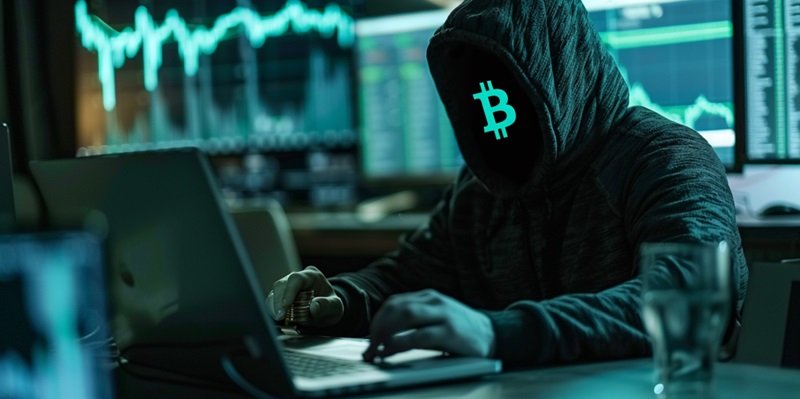In an alarming trend, phishing scams are increasingly targeting players engaged in Hamster Kombat, the popular Telegram-based tap-to-earn game. According to a comprehensive study conducted by the cybersecurity firm Kaspersky, these nefarious activities primarily exploit the viral popularity of the game to deceive users into revealing their credentials. One striking strategy involves deploying phishing links that promise to convert in-game coins to real currency, thereby requiring victims to log in using their Telegram credentials. This tactic allows attackers to gain unauthorized access to personal accounts and carry out fraudulent transactions.
Sophisticated Phishing Schemes Luring Victims
In addition to the phishing links that require Telegram login details, scammers have devised several other sophisticated methods to entrap players of Hamster Kombat. A particularly prevalent scam involves fake airdrops, where users are promised free cryptocurrency in exchange for their crypto wallet information. This deceitful practice capitalizes on the eagerness of players to gain additional assets, thus making them easy prey for these illicit schemes. Victims who fall for these tricks often find their crypto wallets drained, with their assets siphoned off to the fraudsters.
Another common tactic involves setting up counterfeit websites that offer free in-game coins in exchange for some form of payment, typically under the guise of a commission fee. These fraudulent websites are meticulously designed to mimic legitimate ones, thus leading players to unwittingly surrender their financial information. Once in possession of this sensitive data, scammers can easily empty the users’ crypto wallets and leave them vulnerable to further exploitations. These scams are not limited to amateur players; even seasoned gamers are sometimes caught off guard by the highly convincing schemes orchestrated by cybercriminals.
Security Concerns Amid Rapid Growth
Despite the rising security threats, Hamster Kombat has witnessed unprecedented growth, amassing 239 million users in just 81 days—a feat marked by the increasing traction of its HMSTR token. The token has even been listed for pre-market trading on Bybit, adding another layer of legitimacy to the game. However, this remarkable success has also made Hamster Kombat an attractive target for cybercriminals. The persistence and evolution of these scams serve as a stark reminder of the vulnerabilities that continue to plague the cryptocurrency industry.
The broader crypto landscape has been marred by persistent cyber threats ever since the first reported crypto hack in 2011. Over the past 13 years, almost $19 billion has been stolen across 785 incidents, underscoring the ongoing arms race between cybercriminals and security experts. The escalating sophistication of these hacks points to an urgent need for heightened vigilance and stronger cybersecurity measures among users and platforms alike. This continuous cycle of attacks and countermeasures highlights the inherent perils that accompany the promise of digital assets.
Necessity for Vigilance and Enhanced Security Measures
Phishing scams are increasingly targeting players of Hamster Kombat, a popular tap-to-earn game on Telegram. A comprehensive study by cybersecurity firm Kaspersky reveals that these scams exploit the game’s viral success to trick users into disclosing their credentials. One particularly effective tactic involves phishing links that falsely promise to convert in-game coins into real money. Victims are then compelled to log in using their Telegram credentials, which gives attackers unauthorized access to their accounts. This allows cybercriminals to engage in fraudulent activities, often resulting in stolen personal information and financial losses. Kaspersky’s findings underscore the importance of vigilance and cybersecurity awareness among Hamster Kombat players. Users should be cautious about clicking on suspicious links and be wary of offers that seem too good to be true. The increasing sophistication of these scams highlights the need for enhanced security measures and user education to protect against such threats.

